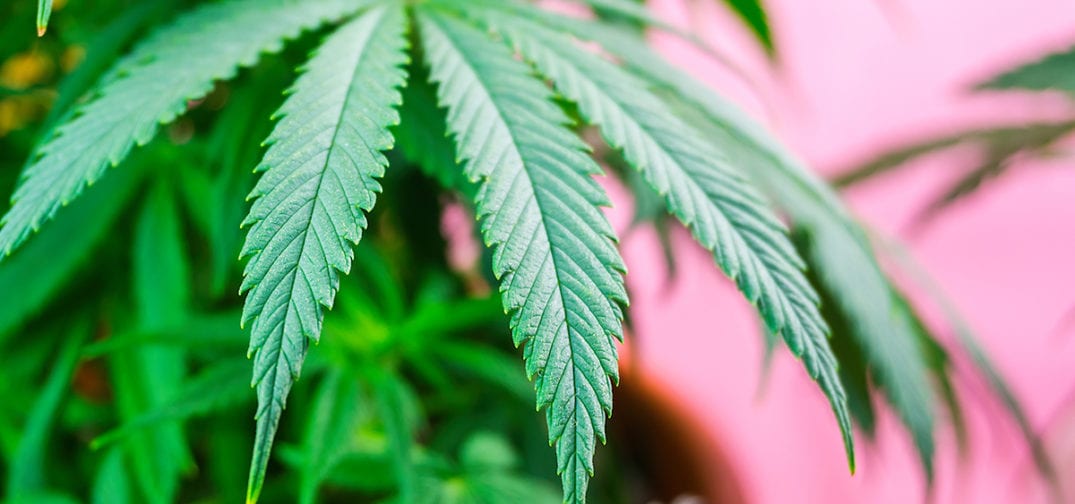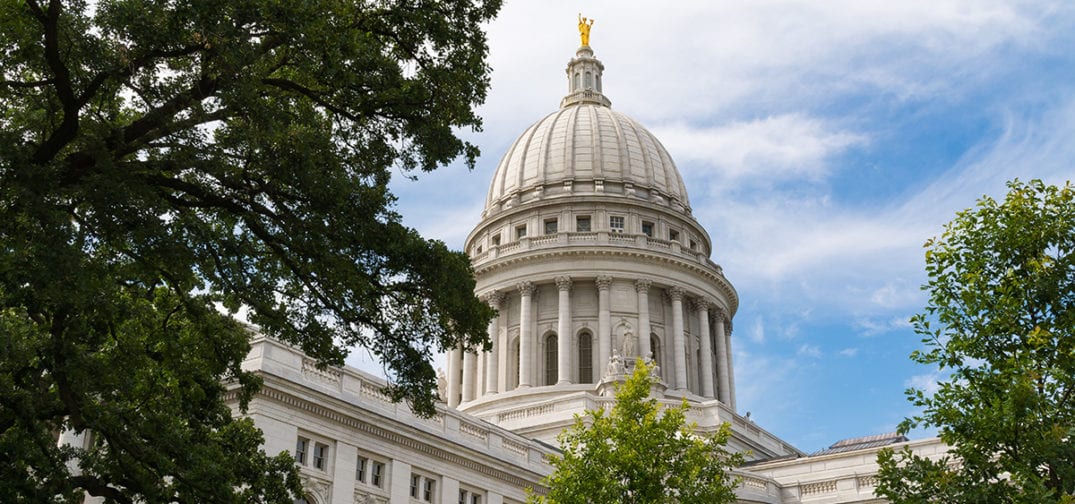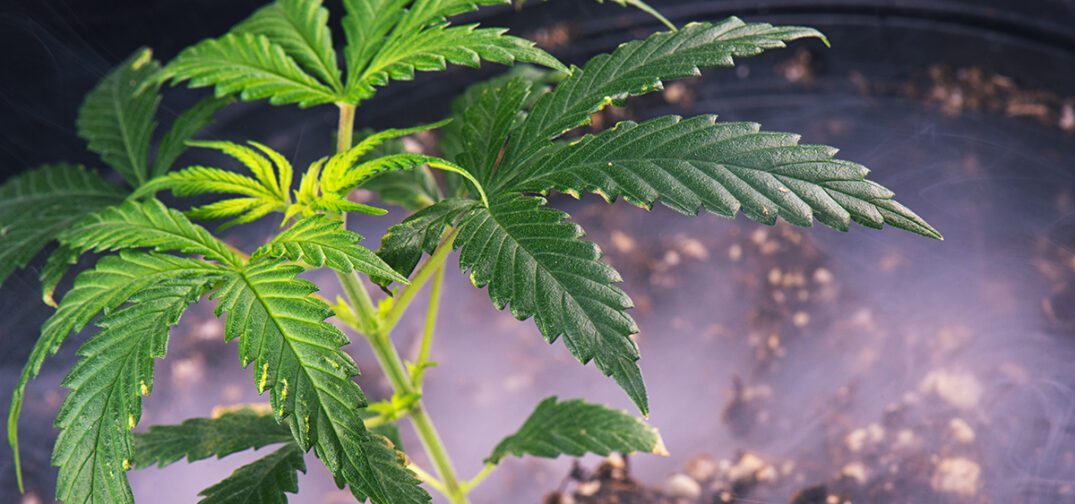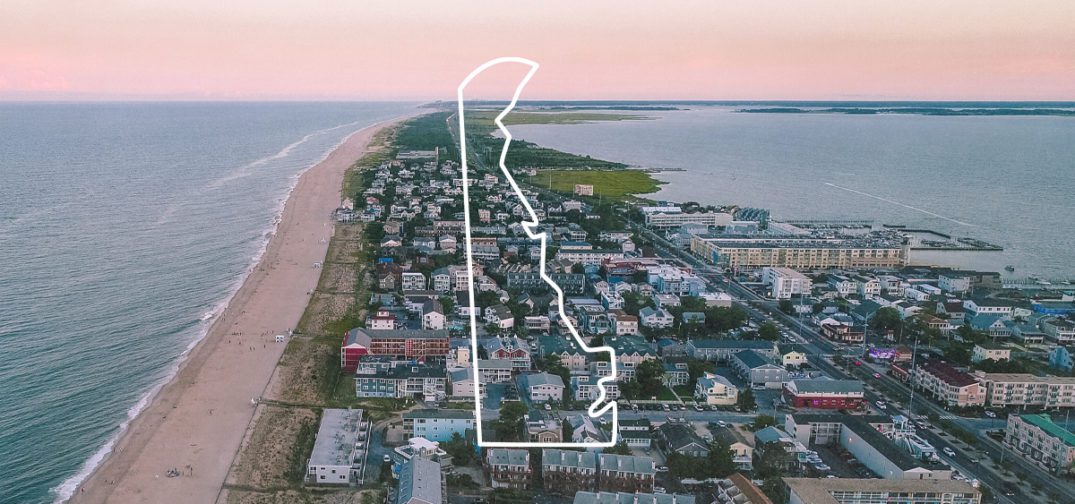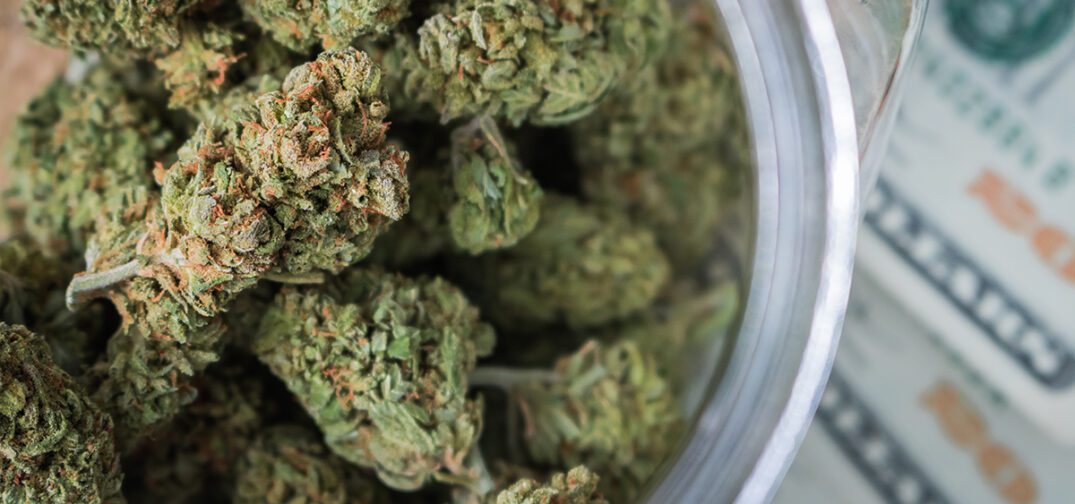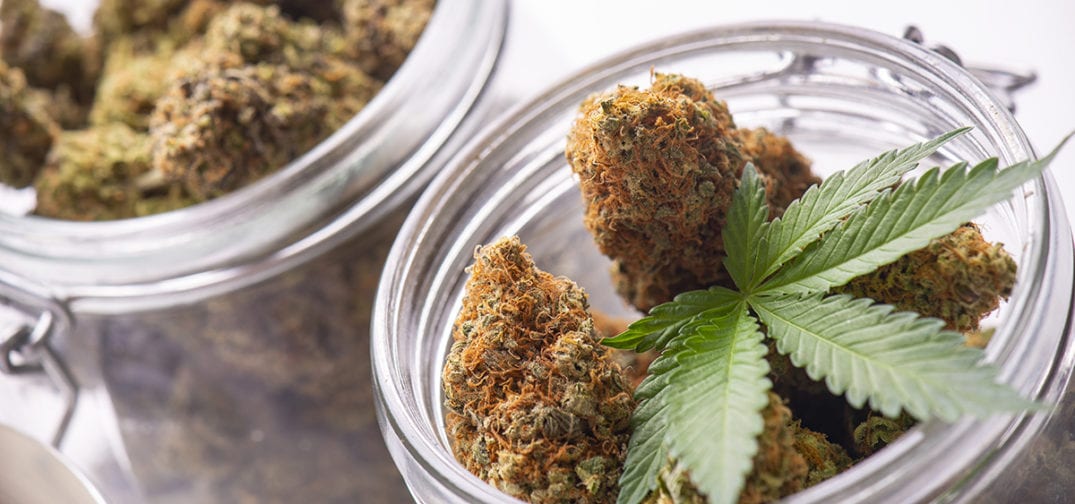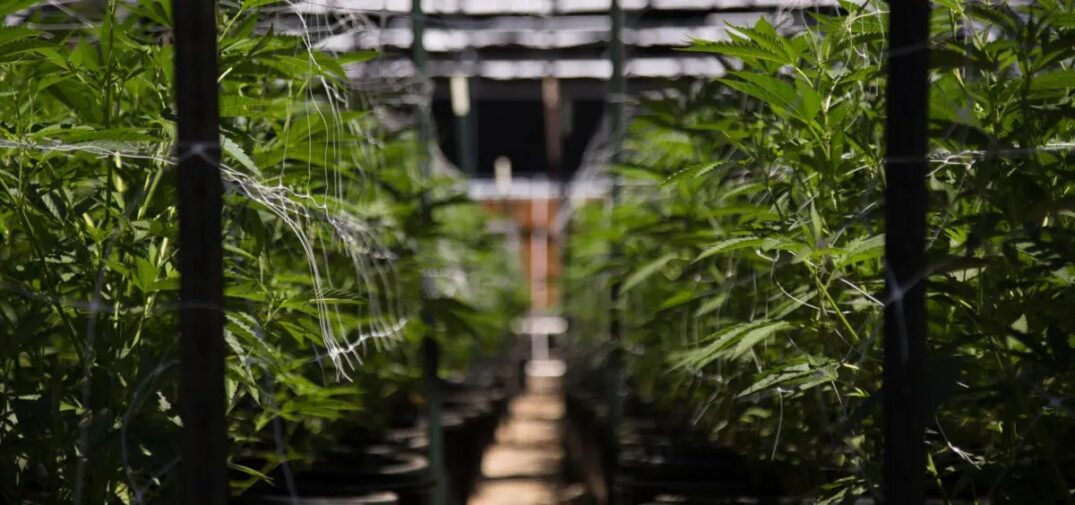A Florida appeals court ruled this week that because drug detection K9s utilized by police are incapable of distinguishing between illegal cannabis products and legal products like medical marijuana or hemp products, a drug-sniffing dog’s alert to the presence of drugs is not enough to justify a vehicle search, according to the News Service of Florida.
The case covered a September 2020 traffic stop during which a Groveland police officer stopped a Lyft driver for speeding. The officer called in a K9 drug detection dog named Polo, which signaled the presence of drugs in the car. Police searched the vehicle and found drugs including cannabis, cocaine, ecstasy, and methamphetamine, the report said, leading to the arrest of the Lyft driver’s passenger, Stephon Ford.
Ford had argued — unsuccessfully, at first — that the alert of a drug dog trained for cannabis should be inadmissible evidence as it’s no longer clear if they are alerting for an illegal substance. However, the 5th District Court of Appeals agreed with Ford and overturned the previous ruling by a circuit court judge on Tuesday.
“At the time when Polo alerted to a target substance in the Lyft vehicle, the police officers had no way of knowing whether Polo had detected an illegal substance (marijuana, cocaine, heroin, or methamphetamines) or a legal substance, namely the THC in hemp or medical marijuana that was properly prescribed and in the possession of a bona fide medical marijuana card holder. … Whether the substance Polo smelled was legal or illegal was not readily apparent, and thus his alert, alone, could not provide the probable cause needed to justify a warrantless search.” — Chief Judge James Edwards, in the court’s main opinion
In a concurring opinion, Judge Jordan Pratt of the court wrote that under this week’s ruling, “dogs trained to alert on cannabis can no longer provide the sole basis for a stop or search.”
“An alert by a dog trained not to alert to cannabis — or to alert to cannabis differently than it alerts to other drugs — can still on its own supply probable cause,” Pratt wrote.
End


